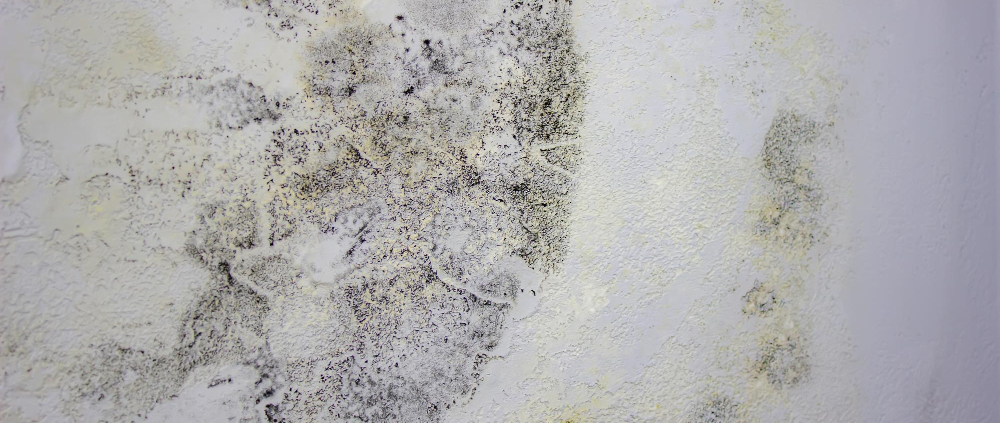The Importance of Mold Inspection and Testing for Your Pittsburgh Area Home
As a homeowner in the Pittsburgh area, it’s essential to protect your investment and the health of your family. One often overlooked hazard is the presence of mold, which can lead to significant health problems and structural damage if left unchecked. In this blog post, we’ll discuss the process of mold inspection and testing, and why it’s essential for your Pittsburgh area home.
What is Mold?
Mold is a type of fungus that thrives in damp, warm environments. It reproduces by releasing spores into the air, which can then land on surfaces and grow into new mold colonies. Mold growth can cause various health problems, such as allergies, asthma, and respiratory infections, especially in people with weakened immune systems.
Why Mold Inspection and Testing is Essential
Mold can grow in hidden spaces, such as behind walls, under floors, and in attics or basements, making it challenging to detect without professional help. By having a mold inspection and testing done in your Pittsburgh area home, you can:
- Protect your family’s health: Mold exposure can lead to various health problems, especially in young children, elderly individuals, and those with pre-existing respiratory conditions. Early detection allows you to address mold issues before they become a significant health risk.
- Prevent property damage: Mold can weaken the structure of your home, causing wood to rot and potentially leading to costly repairs. Detecting mold early can help you prevent extensive damage and save money in the long run.
- Maintain your home’s value: Mold issues can significantly decrease your property’s value, and potential buyers may be hesitant to purchase a home with a history of mold problems. A mold-free home is more likely to retain its value and appeal to potential buyers.
The Mold Inspection and Testing Process
Mold inspection and testing involve a multi-step process that includes visual inspection, sampling, and laboratory analysis. Here’s an overview of the steps:
- Visual Inspection: A professional mold inspector will thoroughly examine your home for any visible signs of mold growth, water damage, or other potential issues that may contribute to mold development.
- Sampling: If the inspector identifies potential mold growth, they will collect samples using air sampling, surface sampling, or bulk sampling techniques. These samples are then sent to a laboratory for analysis.
- Laboratory Analysis: A certified laboratory will analyze the samples to determine the presence, type, and concentration of mold spores. This information is crucial for determining the best course of action to remediate the mold problem.
- Report and Recommendations: The mold inspector will provide you with a detailed report outlining the findings of the inspection and testing, along with recommendations for remediation and preventing future mold growth.
Mold inspection and testing is a crucial aspect of maintaining a healthy, safe, and valuable home in the Pittsburgh area. By identifying and addressing mold issues early, you can protect your family’s health, prevent property damage, and maintain your home’s value. Don’t let mold sneak up on you – invest in professional mold inspection and testing services today.




Leave a Reply
Want to join the discussion?Feel free to contribute!